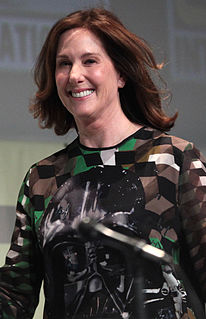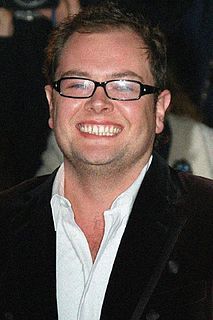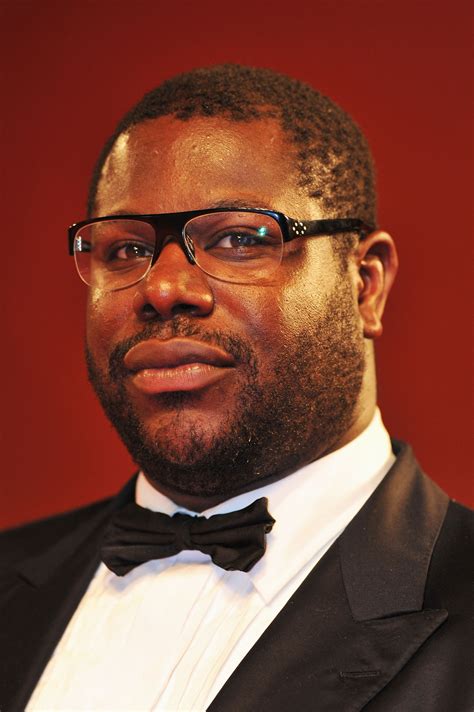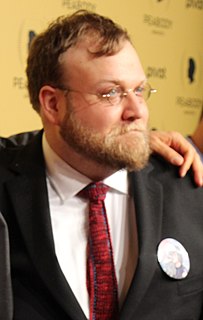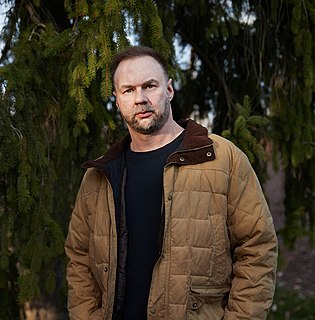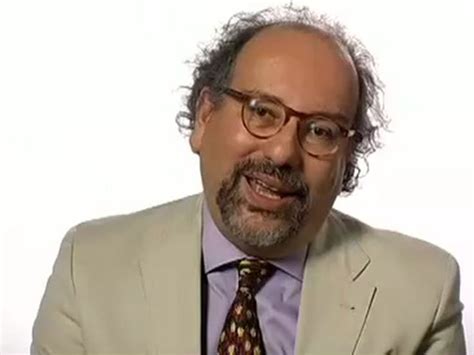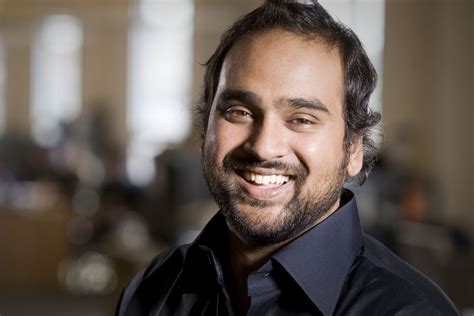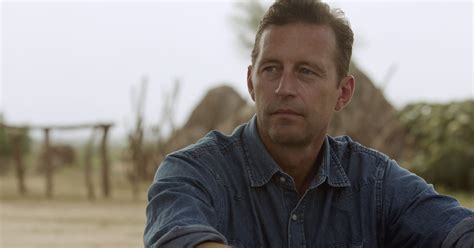A Quote by Bill Capodagli
Storyboarding is what I call an "idea landscape" - one that can help unleash creativity, improve communication, and identify practical solutions to complex problems. The beauty of storyboarding is that ideas from an entire team are harnessed, not just those from the extroverts or vocal members.
Related Quotes
When problems arise, you will usually find two types of people: whiners and winners. Whiners obstruct progress; they spend hours complaining about this point or that, without offering positive solutions. Winners acknowledge the existence of the problem, but they try to offer practical ideas that can help resolve the matter in a manner that is satisfactory to both parties.
I have a daily call thats 2.5 hrs with the entire team: from materials, sourcing, manufacturing, design, sensor, firmware... mechanical engineering?-?all together and they all have to sit through each other's updates... but then understand what those tradeoffs are and I sort of force that communication.
Creativity is the generation and initial development of new, useful ideas. Innovation is the successful implementation of those ideas in an organization. Thus, no innovation is possible without the creative processes that mark the front end of the process: identifying important problems and opportunities, gathering relevant information, generating new ideas, and exploring the validity of those ideas.
Introverts almost never cause me trouble and are usually much better at what they do than extroverts. Extroverts are too busy slapping one another on the back, team building, and making fun of introverts to get much done. Extroverts are amazed and baffled by how much some introverts get done and assume that they, the extroverts, are somehow responsible.
Complexity has and will maintain a strong fascination for many people. It is true that we live in a complex world and strive to solve inherently complex problems, which often do require complex mechanisms. However, this should not diminish our desire for elegant solutions, which convince by their clarity and effectiveness. Simple, elegant solutions are more effective, but they are harder to find than complex ones, and they require more time, which we too often believe to be unaffordable


